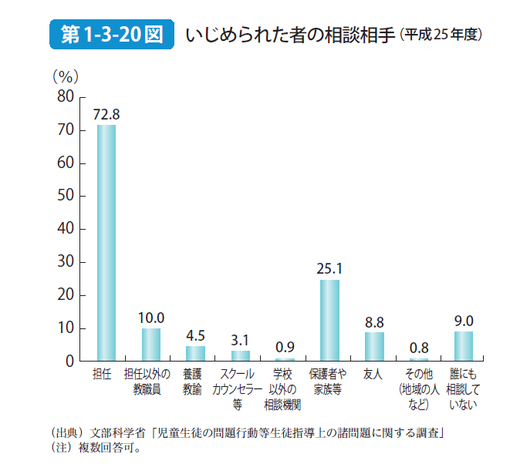[An Intern's thought 'Young people's Voice'] School as a team
2015年9月 1日 11:46 | 若い声
My name is Y.K. and I am an intern working at Representative Taira's office. I recently attended a sectional meeting held by the Liberal Democratic Party's Ministry of Education, Culture, Sports, Science and Technology. I attended an interim report on "How 'school as a team' should exist in leading the future of school education". The concept of "school as a team" involves faculty and staff specializing in their area of expertise to provide the necessary resources and knowledge to each individual student. As someone who has never attended a Japanese school before, this meeting on "school as a team" was particularly interesting.
There are two points as to why "school as a team" has become desirable in the Japanese school system. The first point speaks to changes in society and changes in circumstances surrounding schools, and the second point addresses the current state of the teaching faculty. The former includes a growing social demand for the improvement of the quality of education as well as responding to diverse and complex situations that children face today. The latter touches on how the proportion of specialized staff, excluding teachers, is low compared to other countries, and how Japanese teachers take on numerous roles that they cannot devote all their time and attention to teaching.
I first turned my attention to the fact that the proportion of specialized staff is low in the Japanese school system when compared to other countries. Currently, up until high school in Japan, teachers assume multiple roles in teaching, advising, and extracurricular activities. In comparison, the "school as a team" model suggests a division of roles among teachers, specialized staff such as a school counselor or a school social worker, and technical support staff. At schools in North America and at international schools that I attended, a school counselor was a regular presence who students could talk to about anything ranging from their academic to personal lives. I believe that it is important for the Japanese school system to implement the "school as a team" model because a school counselor, for example, is a specialized occupation in which its responsibilities are difficult to undertake equally with others, such as teaching.
Responding to children's diverse and complex situations is a point raised as to why "school as a team" has become increasingly necessary. One such underlining issue is bullying. According to the 2015 edition of the Cabinet Office's White Paper on Children and Young People, schools recorded 185,803 bullying cases in 2013, which saw a slight decline from the previous year in which 198,109 cases were recorded. However, while the number of cases declined in middle and high schools, the numbers increased in junior school. Furthermore, the reality is that the percentage of bullied students that approach their school counselor for help is particularly low when compared to their homeroom teacher (see chart below). In order for the "school as a team" model to entirely come into effect, the presence and role of specialized staff need to be acknowledged, as well as a strategy to shift students' attention to the school counselor.
In Japan, a school counselor may be an intimidating person to talk to or someone who should only be approached when students come across any problems. It is essential to change the culture into one where the school counselor is easily approachable, whether students are dealing with problems or not. At the international school that I attended, the school counselor created and maintained an environment where he was easily approachable so that students could talk to him at any time. The school counselor would walk around the school and memorize the students' names and faces and start a conversation with them on a regular basis. Furthermore, the school counselor kept the door to the office open at all times to create an environment that was welcoming to students.
When implementing the "school as a team" model, it is crucial for Japanese schools to clarify the role and presence of specialized staff to the students, and in the example of a school counselor, it would be more effective to follow the international school as a model.



